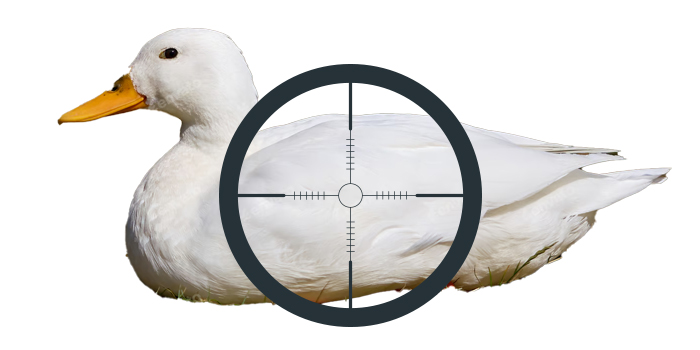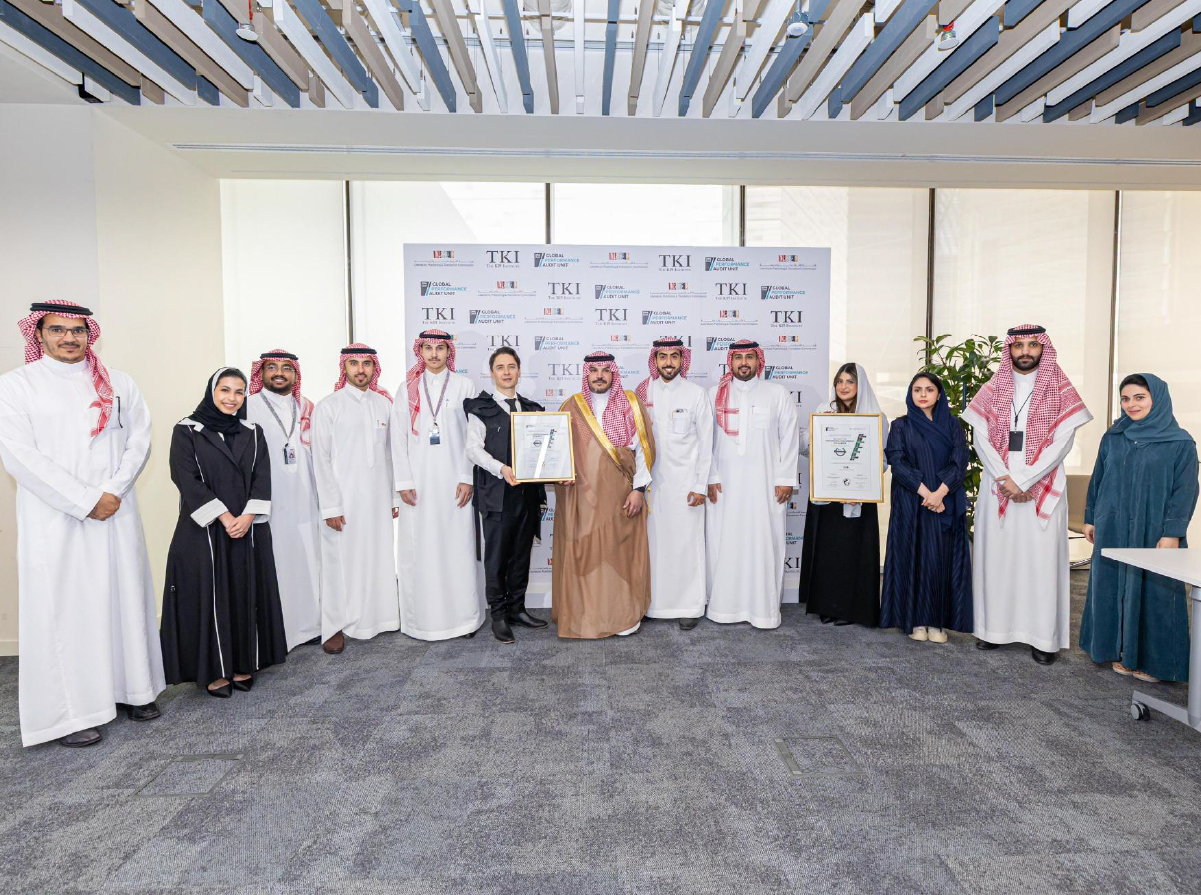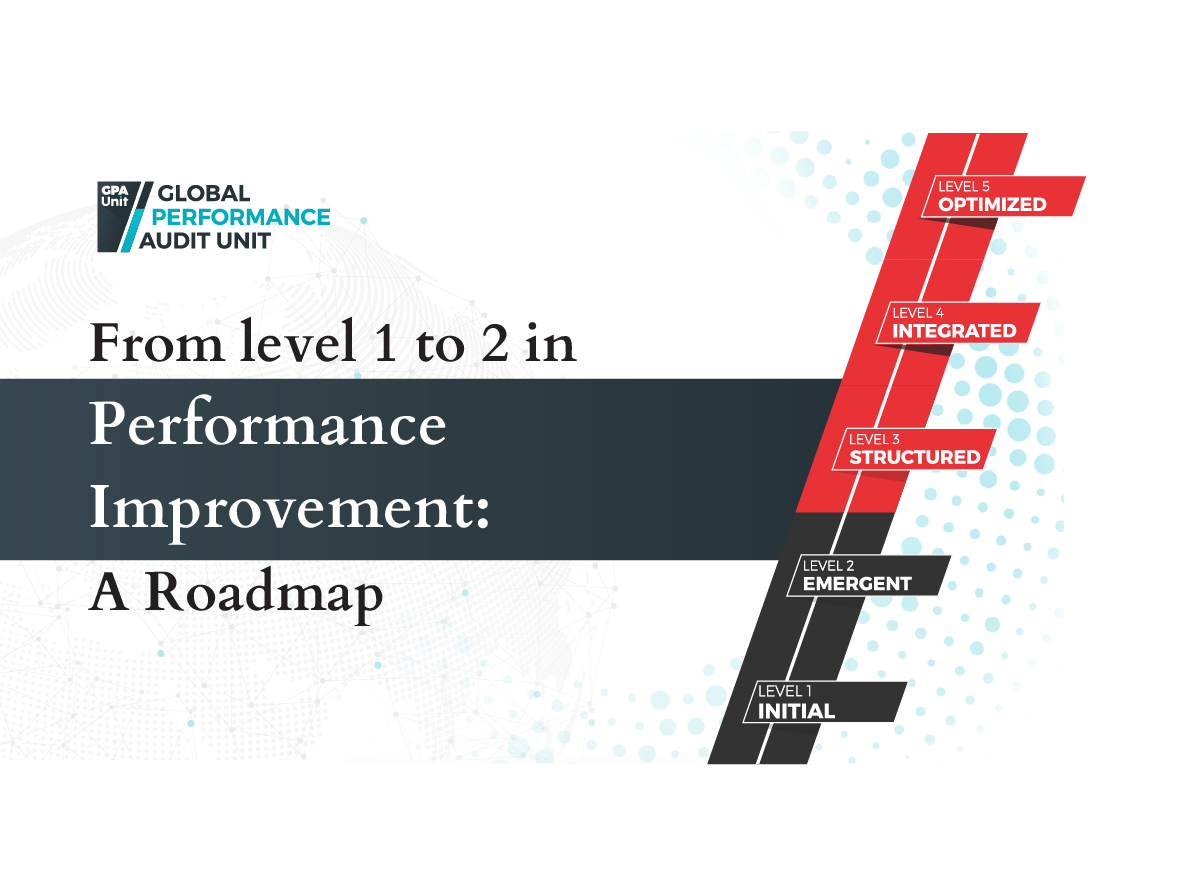Standing still is the only thing that can hurt you

Until recently, I knew almost nothing about Capoeira but something in its philosophy made me aware of similarities between this sport and what we’re doing here – at the GPA Unit.
Maybe you’ve heard of it, maybe not… in a nutshell: it’s a practice where people create a “Roda” (circle) inside which 2 ‘’Capoeiristas” (athletes) get into “Jogo” (game). The goal of the game is not to hit your opponent but to create a kind of body language dialogue based on the “catch me if you can” idea.
Rookies in Capoeira sometimes get pulled into the game without knowing even a single technique, it’s the momentum created by all the surrounding people, music and movement that will draw one in no matter how long they have practiced this sport, if at all. Occasionally the rookies get hit, but never twice by the same move.
And this is where Capoeira and Performance Capabilities improvement cross paths in their philosophies and practices.
It all starts with the Axis which is said to connect everyone in the practice. Call it speculation, conjecture or guesswork but the same happens in so many other fields and Performance Improvement Capability is surely among them. The success of Capoeira’s Roda relies on axis manipulation. Similarly, Performance System Governance (1) is the capability's section that identifies how the performance management system is coordinated, indicates accountability and governance.
Moving further to the central element: the Roda represents more than just a physical space, it’s a cultural dock where experiences are shared, traditions preserved, and growth encouraged. Coincidence or not, a Performance Improvement Capability also includes a distinct dimension which addresses learning & improvement aspects (2). It illustrates the ability of the performance management system to adapt to changes based on regular reviews of the organizational strategy. It analyzes the process of recording, reviewing and implementing improvement ideas.
To master “Mandinga”, or the art of deception in Capoeira, a practitioner needs to be skilled in data analysis (3) (while observing the opponent); have a flawless internal data reporting (4) method in order to reach the best decisions to overcome their opponent and a sharp decision-making system (5) to counter the opponent’s strategy and plan surprise, strategic counterattacks. All 3 skills are common traits of the Performance Improvement Capability as well.
Finally, Initiative management (6). Similarly to Capoeira, Performance Improvement operates almost by the same rules: “leaders must keep initiatives moving forward, even when the path changes”.
In both worlds - Capoeira and Performance Improvement - there’s one important rule one can always trust to be true:
Standing still is the only thing that can hurt you!
In the absence of accurate knowledge about your adversary’s weaknesses and strengths, even with a perfect understanding of the space you’re moving within, limitations and boundaries, you’re nonetheless what the hunters call: a Sitting Duck.
If the Sitting Duck scenario is something you want to avoid, we can definitely help. Just drop us a line and let’s talk!
| DATE | October 11th, 2024 |
| Category | Blog Posts |
| Reading Time | 6 |




